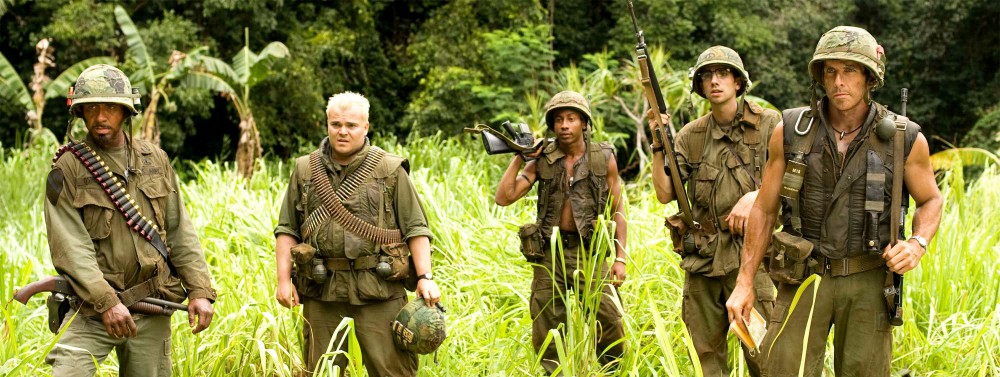“Perfumed Nightmare” is a difficult movie to put into just one category. The movie has a very documentary type feel to it with hints of comedic relief along with completely fictional scenes. It is a low budget independent film and is considered to be part of the “Third Cinema” movement. In “Perfumed Nightmare” Kidlat Tahimik is born and raised in a small Philippine village with dreams of reaching America and more specifically joining the NASA program. He seems fascinated with the modern world and the technological advances it promotes. He loves to hear stories of one woman who was the only person in the village to have been in an airplane. When Kidlat get’s his opportunity to potentially reach America he does not pass it up. However, he goes to France first where he stays and works and is overwhelmed by modern technology. It is here that Kidlat see’s that his idea of what the modern world was like was skewed. He see’s modernity as unnecessary and over-done.
In a particular scene Kidlat comes to the realization that there is no need for a “supermarket” because a regular market fulfills the same purpose just fine. There is no need for it to be “super” if the normal one has no problems. The large plastic trash incinerators that he discovers especially anger Kidlat. He comes to recognize that these trash incinerators that everyone easily walks by without a second glance could house half of his entire village. The film documents well that most housing in Kidlat’s village is built from bamboo, which takes time and skill. And here are these giant plastic incinerators that could hold the equivalent of half his village that are just sitting behind a supermarket. It is here that Kidlat sees that this modern life is not for him and eventually finds his way back to the Philippines.
Kidlat (the director and character) seems to have a problem with modern society and western culture. It is clear that there is already a western influence on the small village that Kidlat comes from. There is a shot in the opening scenes of a large Marlboro advertisement; the jeeps that Kidlat drives are remade Humvees from the war. The very way he makes his living is in part thanks to western culture. However, it appears that Kidlat uses this film to describe his issues with western society and what it stands for. He is obviously against the idea of these large corporations that are putting the small people out of business. One of the final scenes is of Kidlat blowing wind so fiercely that he blows away these masked people who represent western power and cranes representing technological progress. His opposition to western culture and its ideology is extremely ironic. It turns out that Kidlat Tahimik studied at the University of Pennsylvania where he even received his Masters in Business Administration. So with Kidlat Tahimik being so deeply involved in western culture why do you think he is so opposed to it?

Your last question—what does Kidlat have against Western Culture?—is an interesting one. I mean, I’m no expert in Philippine history, but the first answer that occurs to me is that Kidlat was living through this:
http://www.pbs.org/frontlineworld/stories/philippines/tl03.html
So it makes sense to me that Kidlat would be suspicious of the West. Your last paragraph also made me think of another related question, though: Why does Kidlat express his critique of Western culture and values through this faux-naïve persona that he has created? Why doesn’t he just say: “I am Kidlat Tahimik. I have lived in the West, and I’m skeptical of the whole system”?
I think that the whole film is representative of how modernity, which is usually presented as a positive force, can be seen as wasteful when considered with a more modest point of view. The film clearly contrasts the experiences that Kidlat (the director) has personally had- life in the Philippines, education in the West and America. There is a roving dynamic between these two, where the object of Kidlat’s ideals shift as he moves between cultures. Initially western culture is idealized, but as his experience with it grows he recognizes the positive aspects of his homeland. I agree that Kidlat’s most powerful argument comes in is opposition to the “super.” He forces us to consider whether constant expansion and growth is really necessary for a good, happy life.
thanks for sharing with us I really think this site is outstanding. สมัคร หวยบี
I appreciate your hard work and you have more information. It’s very useful. สมัคร หวยบี